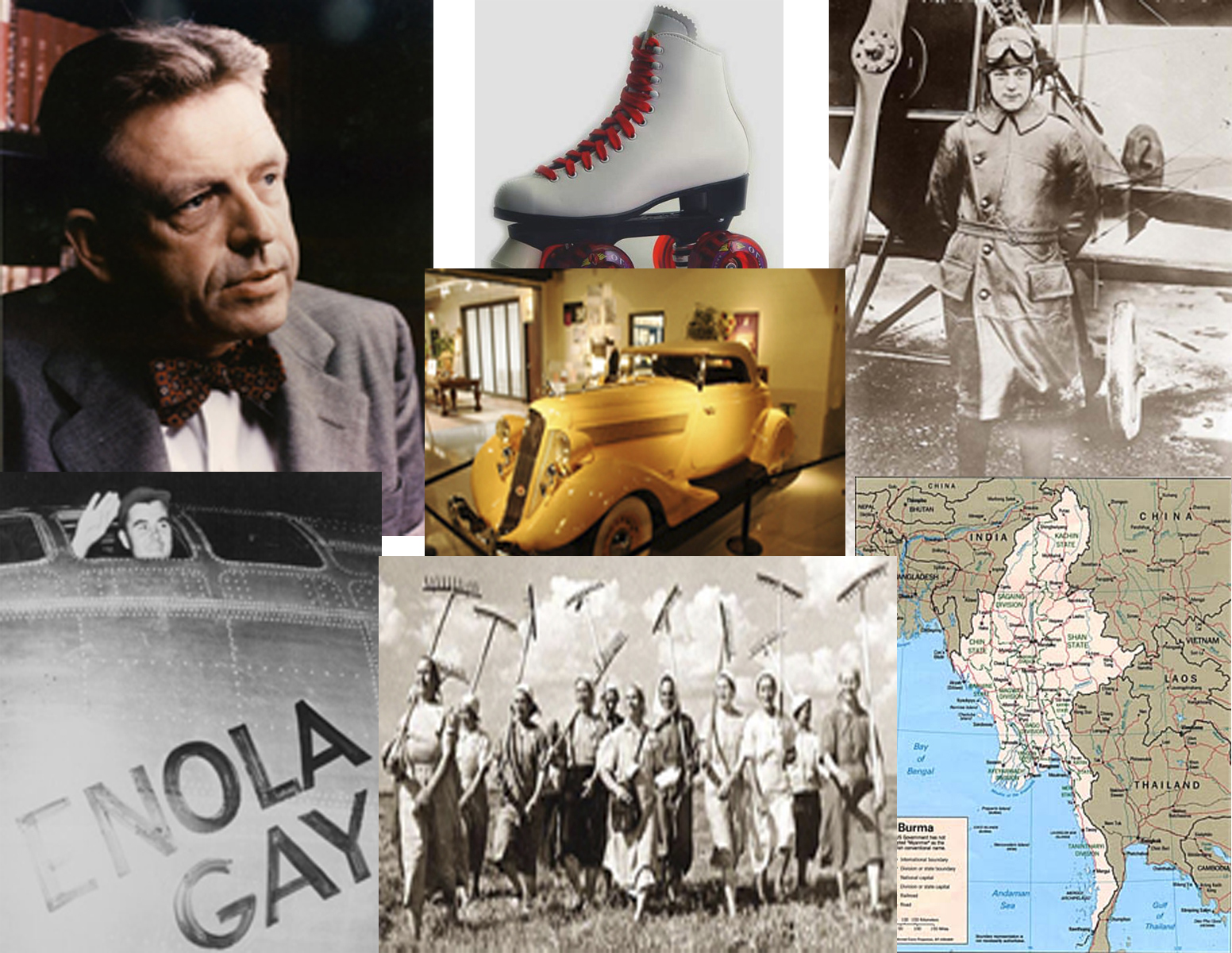England, Julie, July 23, 2014
- Component Identifier:
- 14-030
- Interviewer:
- Colom, Gloria
- Scope Note:
-
Julie England is an adjunct instructor in the School of Public and Environmental Affairs at Indiana University Bloomington. England discusses her work on databases that began with the common-pool resources (CPR) database and evolved with new projects in the Ostrom Workshop. She also discusses the technological changes in the Ostrom Workshop, the creation of the Center for the Study of Institutions, Populations and Environmental Change, and the Workshop on the Workshop Conference. The interview then discusses the Ostroms on a personal level including Manitoulin Island and the Ostrom Workshop after the Ostroms.
- Language:
- English .
- Physical description:
- 16 pages; 2 .wav files, 78 minutes; index
- Subjects:
- information technology (IT)
common-pool resources (CPR)
adjunct instructor - Names:
- Food and Agricultural Organization of the United Nations (FAO),
International Forestry Resources and Institutions (IFRI)
Ostrom Workshop
Ostrom, Elinor
Ostrom, Vincent, 1919-2012 - Places:
- Manitoulin Island, Ontario, Canada
Access and use
- Restrictions:
-
Open
- Terms of access:
-
The archive of the Center for Documentary Research and Practice at Indiana University is open to the use of researchers. Copies of transcript pages are available only when such copies are permitted by the deed of gift. Scholars must honor any restrictions the interviewee placed on the use of the interview. Since some of our earlier (pre-computer) transcripts do not exist in final form, any editing marks in a transcript (deletions, additions, corrections) are to be quoted as marked. Audio files may not be copied for patrons unless the deed of gift permits it, and a transcript is unavailable for that interview. The same rules of use that apply to a transcript apply to the audio interview. Interviews may not be reproduced in full for any public use, but excerpted quotes may be used as long as researchers fully cite the data in their research, including accession number, interview date, interviewee's and interviewer's name, and page(s).
- Parent restrictions:
- Access varies by interview.
- Parent terms of access:
- The archive of the Center for Documentary Research and Practice at Indiana University is open to the use of researchers. Copies of transcript pages are available only when such copies are permitted by the deed of gift. Scholars must honor any restrictions the interviewee placed on the use of the interview. Since some of our earlier (pre-computer) transcripts do not exist in final form, any editing marks in a transcript (deletions, additions, corrections) are to be quoted as marked. Audio files may not be copied for patrons unless the deed of gift permits it, and a transcript is unavailable for that interview. The same rules of use that apply to a transcript apply to the audio interview. Interviews may not be reproduced in full for any public use, but excerpted quotes may be used as long as researchers fully cite the data in their research, including accession number, interview date, interviewee's and interviewer's name, and page(s).
- Preferred Citation:
-
[interviewee first name last name] interview, by [interviewer first name last name], [interview date(s)], [call number], [project name], Center for Documentary Research and Practice, Indiana University, Bloomington, [page number(s) or tape number and side if no transcript; if digital audio and no transcript, cite time when quote occurs].
- Location of this collection:
-
Franklin Hall 0030B601 East Kirkwood AvenueBloomington, Indiana 47405, United StatesVisit Center for Documentary Research and Practice
- Contact:
- 812-855-2856
